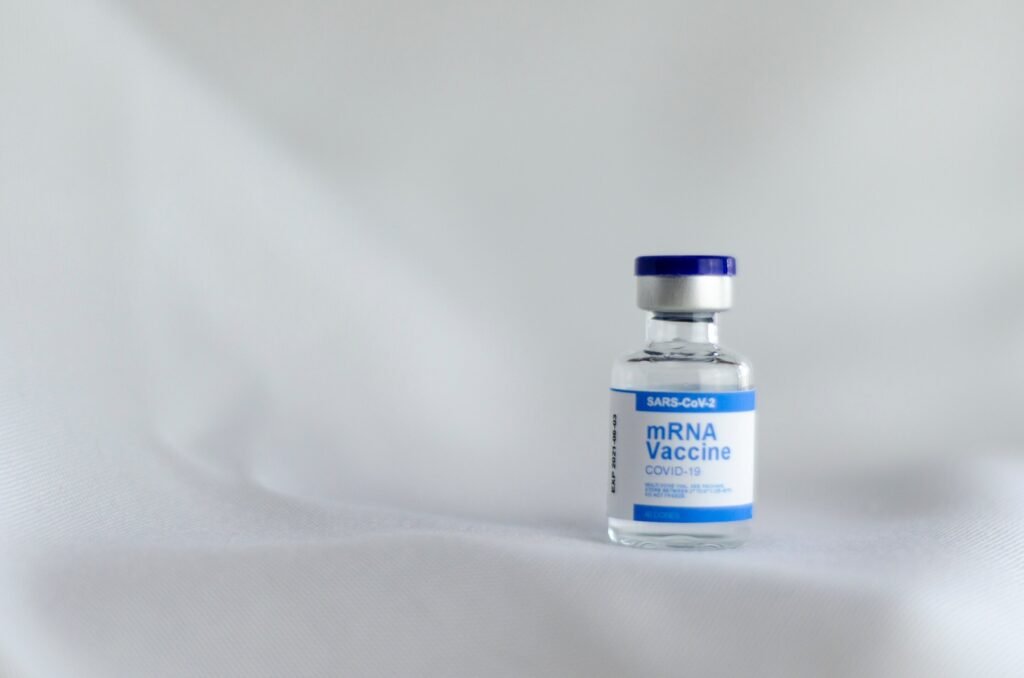The National Institutes of Health (NIH) officials have made a controversial decision to urge scientists to remove all references to mRNA vaccine technology from their grant applications, signaling a potential abandonment of this promising field of medical research. The mRNA technology has been under study at the NIH for the prevention and treatment of infectious diseases, cancer, and other conditions. It played a crucial role in the development of COVID-19 vaccines, which have been credited with saving millions of lives.
Despite the success of mRNA vaccines in combating the COVID-19 pandemic, NIH officials have instructed researchers to scrub any mention of mRNA vaccines from their grant applications. Scientists have reported receiving warnings from NIH project officers to remove any references to mRNA vaccines, raising concerns about the future of this research.
The decision to limit or cancel mRNA vaccine research grants is believed to be influenced by political factors. The Trump administration has been known to promote conspiracy theories about the safety and efficacy of mRNA vaccines, leading to a decrease in public support for COVID vaccinations and mRNA research.
The NIH, a major funding source for biomedical research, is facing scrutiny and pressure from the White House and the Department of Government Efficiency to cut grants related to mRNA vaccine research. This move has left many researchers in limbo, waiting to see if their projects will receive funding or be discontinued.
The decision to restrict mRNA vaccine research has sparked fear and uncertainty among scientists, with concerns about potential job losses and the impact on ongoing studies. The political climate surrounding vaccines and public health has created a challenging environment for researchers working in this field.
Despite the challenges and uncertainties, scientists remain committed to advancing mRNA vaccine research and exploring its potential in combating infectious diseases and other health conditions. The future of mRNA vaccine research remains uncertain, but researchers are determined to continue their work and overcome the obstacles they face.
In conclusion, the decision to limit or cancel mRNA vaccine research grants has raised concerns among scientists and researchers. The impact of this decision on public health and medical advancements remains to be seen, but the scientific community is determined to persevere and continue their important work in this field.


